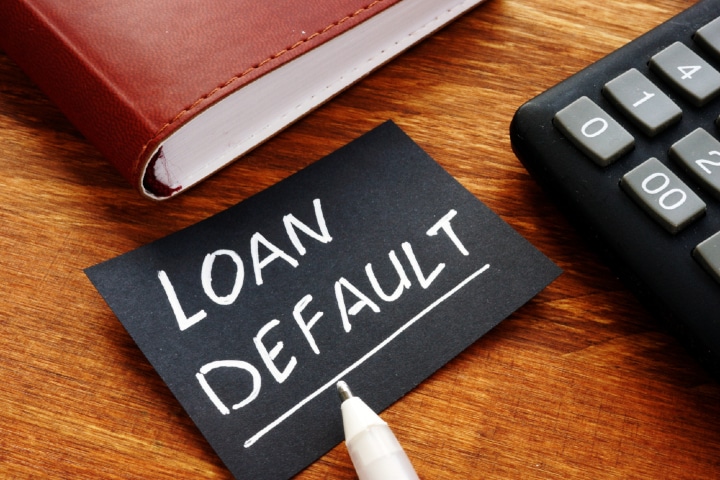About Wilful Defaulter:
- They are considered as entities that do not pay back money despite the ability to do so.
- The concept of ‘Wilful Defaulter’ was introduced when the RBI, as per its power under Sections 21 and 35A of the Banking Regulation Act, 1949, issued the Master Circular, which defined Wilful Defaulter and detailed the measures to be adopted by the Banks and Financial Institutions (FIs) to adjudge the instances of default, i.e. whether the same is a wilful default or not.
- According to the RBI, a wilful default is deemed to have occurred in any of the following four circumstances:
- When there is a default in repayment obligations by the unit (company/individual) to the lender, even when it has the capacity to honour the said obligations, there is a deliberate intention of not repaying the loan.
- The funds are not utilised for the specific purpose for which finance was availed but have been diverted for other purposes.
- When the funds have been siphoned off and not been utilised for the purpose for which it was availed. Further, no assets are available which justify the usage of funds.
- When the asset bought by the lenders’ funds have been sold off without the knowledge of the bank/lender.
- Further, in cases where a letter of comfort or guarantees furnished by group companies of wilfully defaulting units are not honoured when they are invoked by the lender, then such group companies are also considered to be wilful defaulters.
- Consequences:
- Banks and institutions are required to submit the list of suit-filed accounts of wilful defaulters at the end of every quarter to the Credit Information Bureau (India) Ltd (CIBIL).
- Banks also report the names of current directors as well as directors who were associated with the company at the time the account was classified as a defaulter. This helps to put other banks and institutions on guard against such individuals. This list can also include independent and nominee directors.
- A wilful defaulter is not permitted to float any new business for a period of five years from the date of being declared a wilful defaulter.
- Lenders are also expected to initiate legal process, which can include criminal proceedings, if necessary, against the borrowers/guarantors and foreclosure of recovery of dues is expedited.
- Banks and institutions have been given the right to change the management of wilfully defaulting company.
- At present, there is no specific law for legal action against Wilful defaulters. Reserve Bank of India has framed rules defining willful default, the process to be followed by banks for declaring borrower as “willful defaulter”. Banks initiate action against such accounts under laws like SARFAESI Act, Companies Act, 2013, Fugitive Economic Offenders Act etc.
Q1) What is the Fugitive Economic Offenders Act?
The Fugitive Economic Offenders Act,2018 is a stringent measure because it allows for confiscation as well as attachment of properties. Properties resulting from proceeds of crime and benami properties of the offender whether in India or abroad are liable to be confiscated. The act also disentitles him from defending civil claims.
Source: Wilful defaulters, fraudsters can go for compromise settlement: RBI
Last updated on July, 2025
→ UPSC Notification 2025 was released on 22nd January 2025.
→ UPSC Prelims Result 2025 is out now for the CSE held on 25 May 2025.
→ UPSC Prelims Question Paper 2025 and Unofficial Prelims Answer Key 2025 are available now.
→ UPSC Calendar 2026 is released on 15th May, 2025.
→ The UPSC Vacancy 2025 were released 1129, out of which 979 were for UPSC CSE and remaining 150 are for UPSC IFoS.
→ UPSC Mains 2025 will be conducted on 22nd August 2025.
→ UPSC Prelims 2026 will be conducted on 24th May, 2026 & UPSC Mains 2026 will be conducted on 21st August 2026.
→ The UPSC Selection Process is of 3 stages-Prelims, Mains and Interview.
→ UPSC Result 2024 is released with latest UPSC Marksheet 2024. Check Now!
→ UPSC Toppers List 2024 is released now. Shakti Dubey is UPSC AIR 1 2024 Topper.
→ Also check Best IAS Coaching in Delhi














